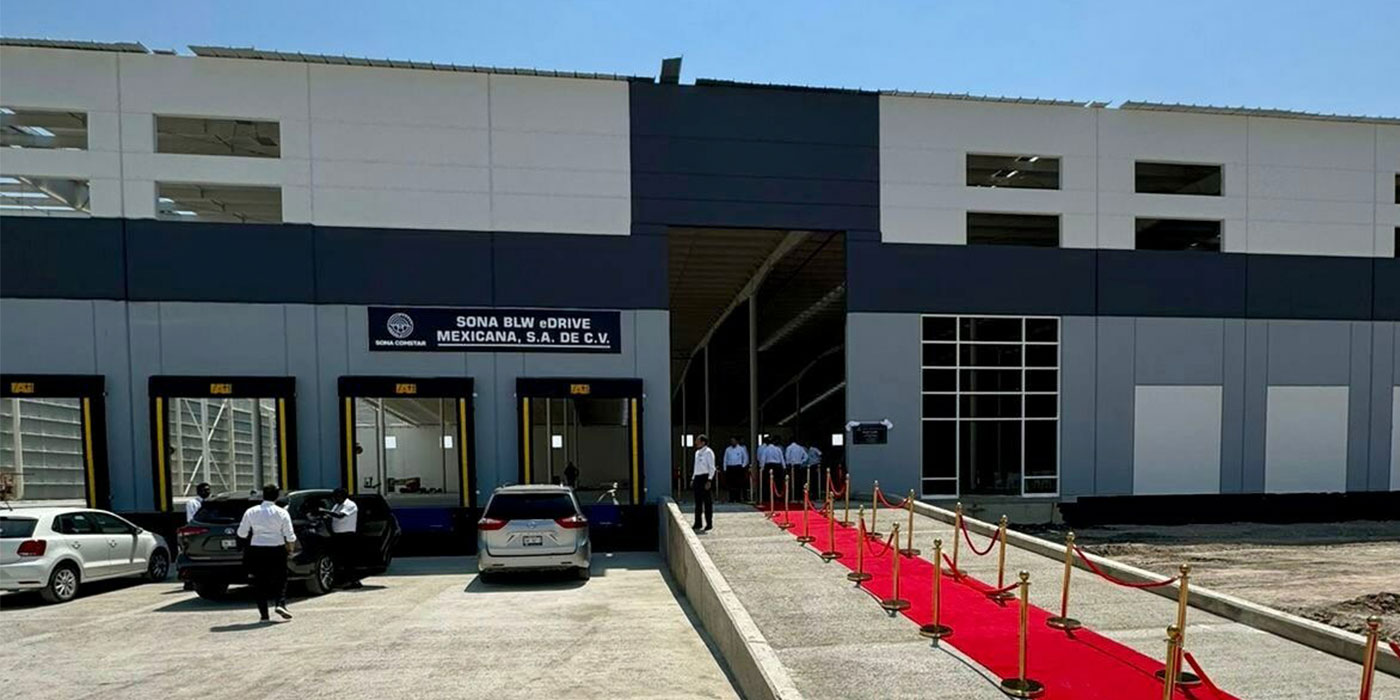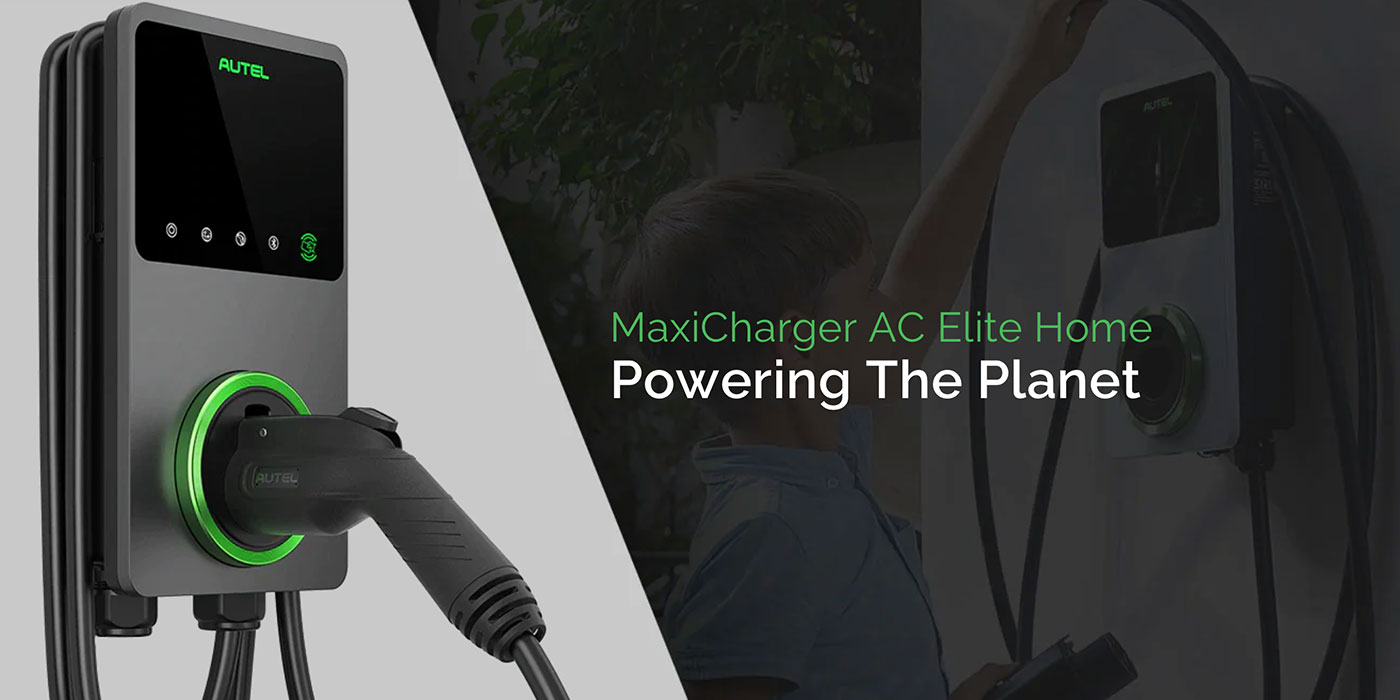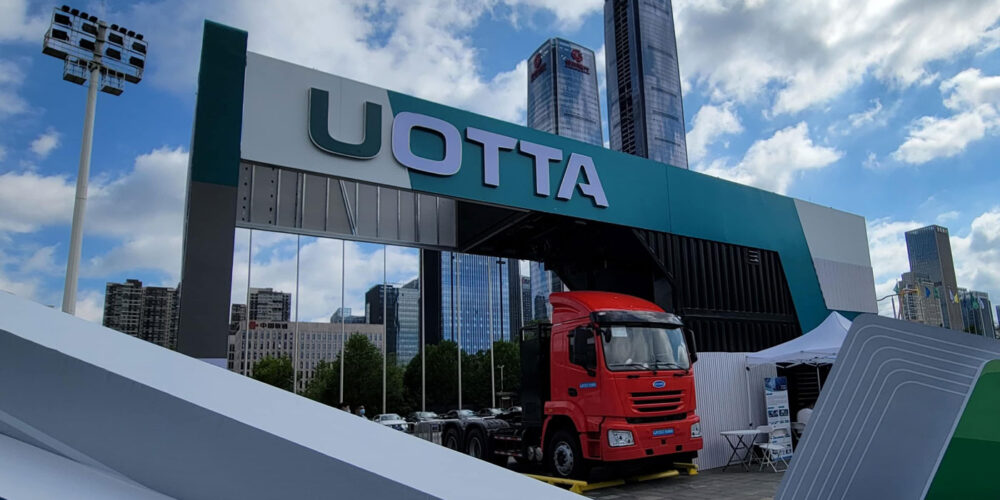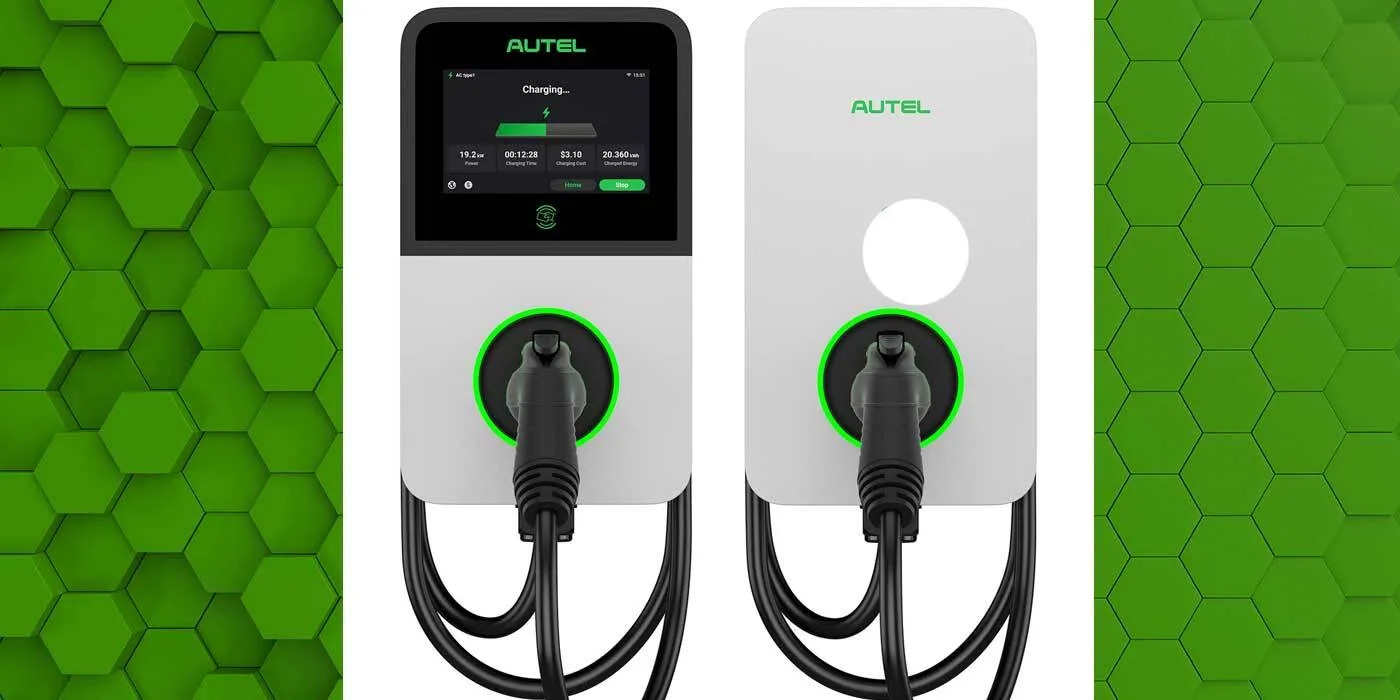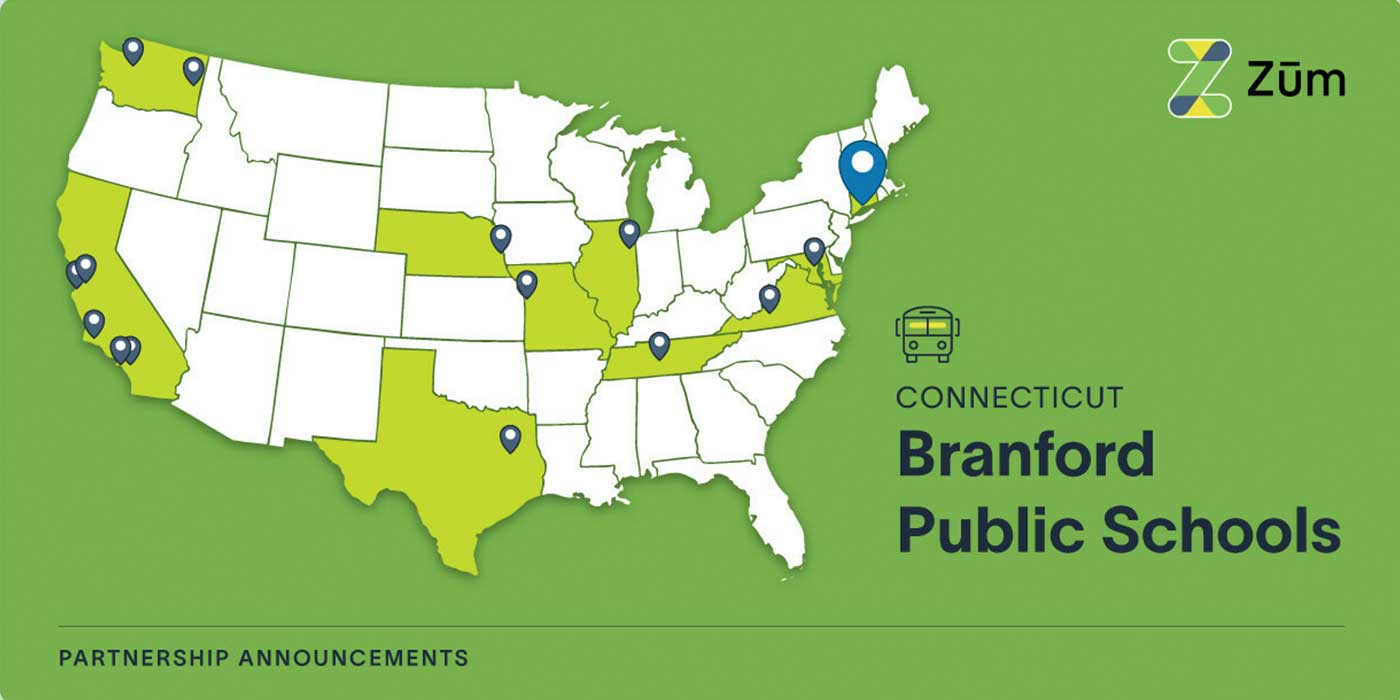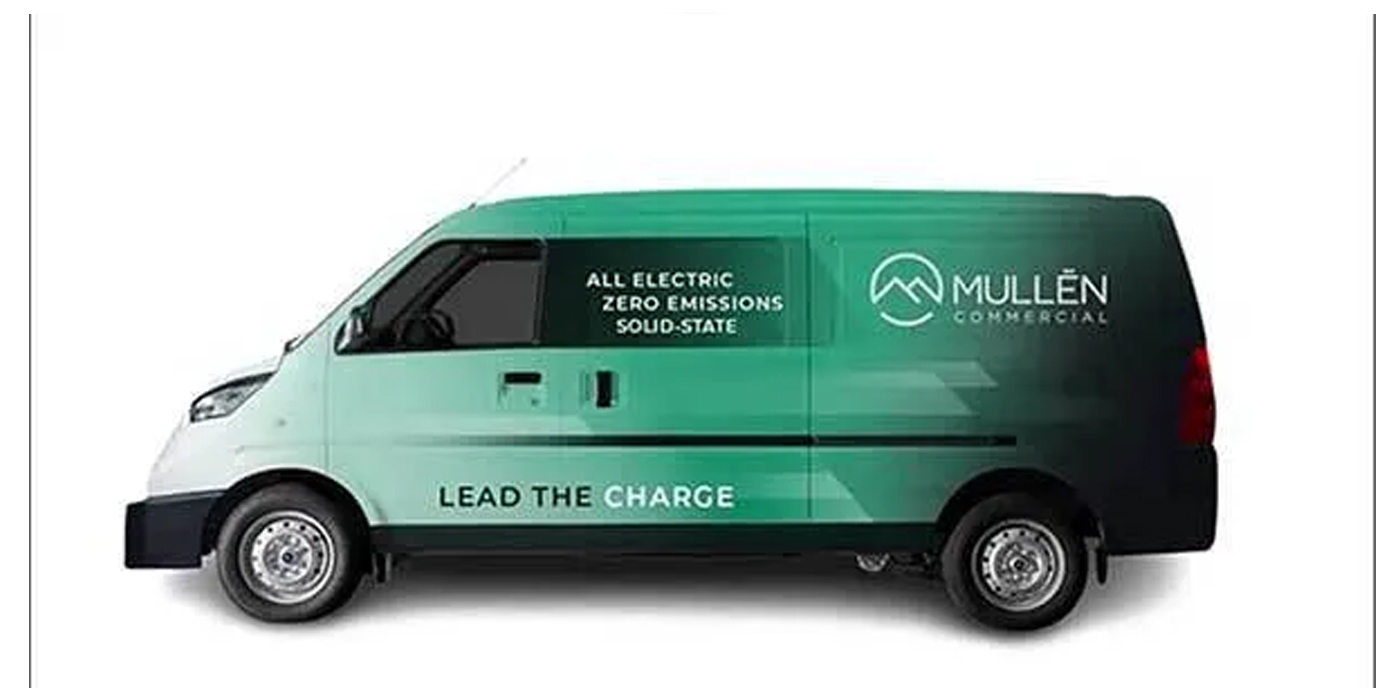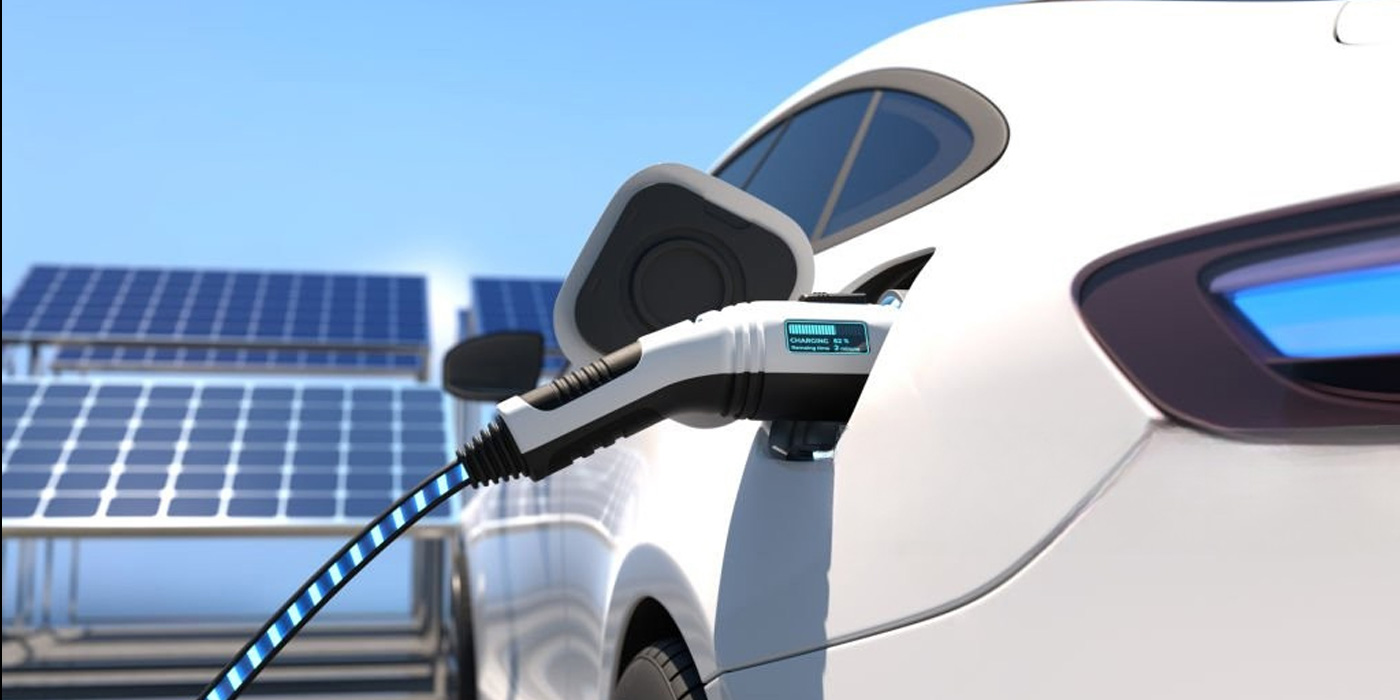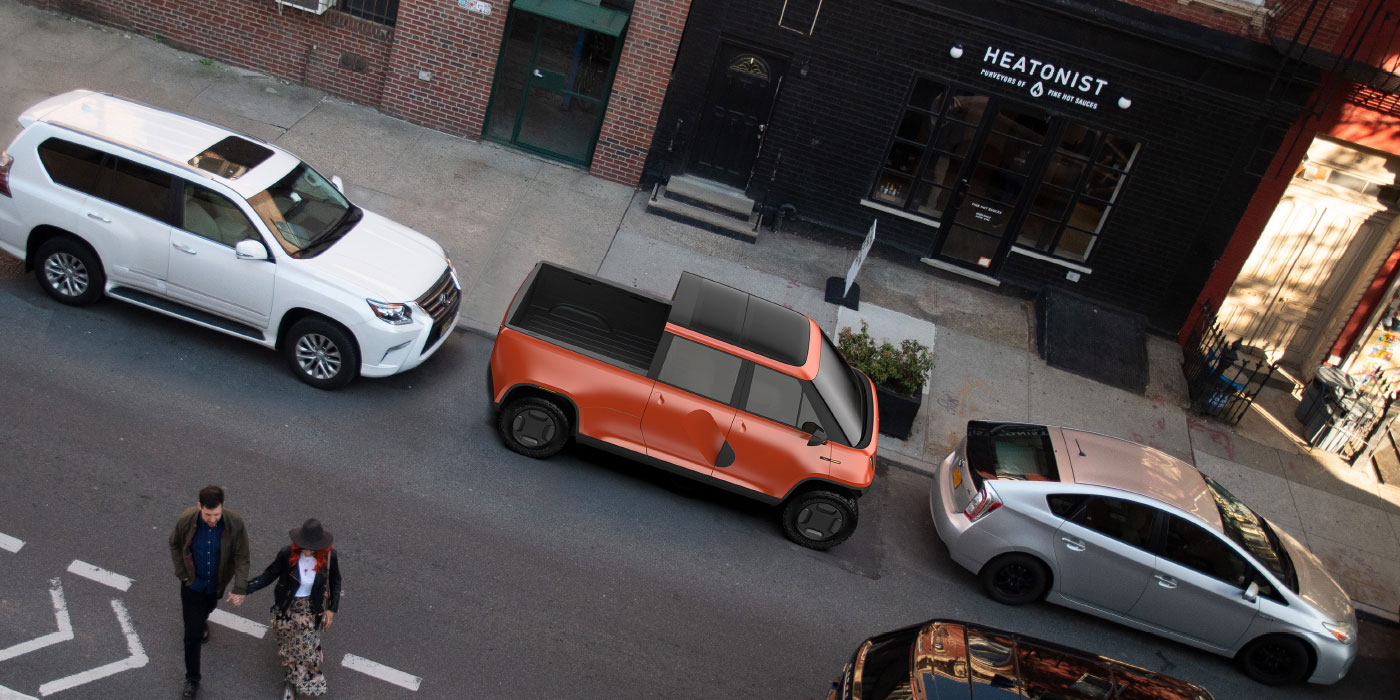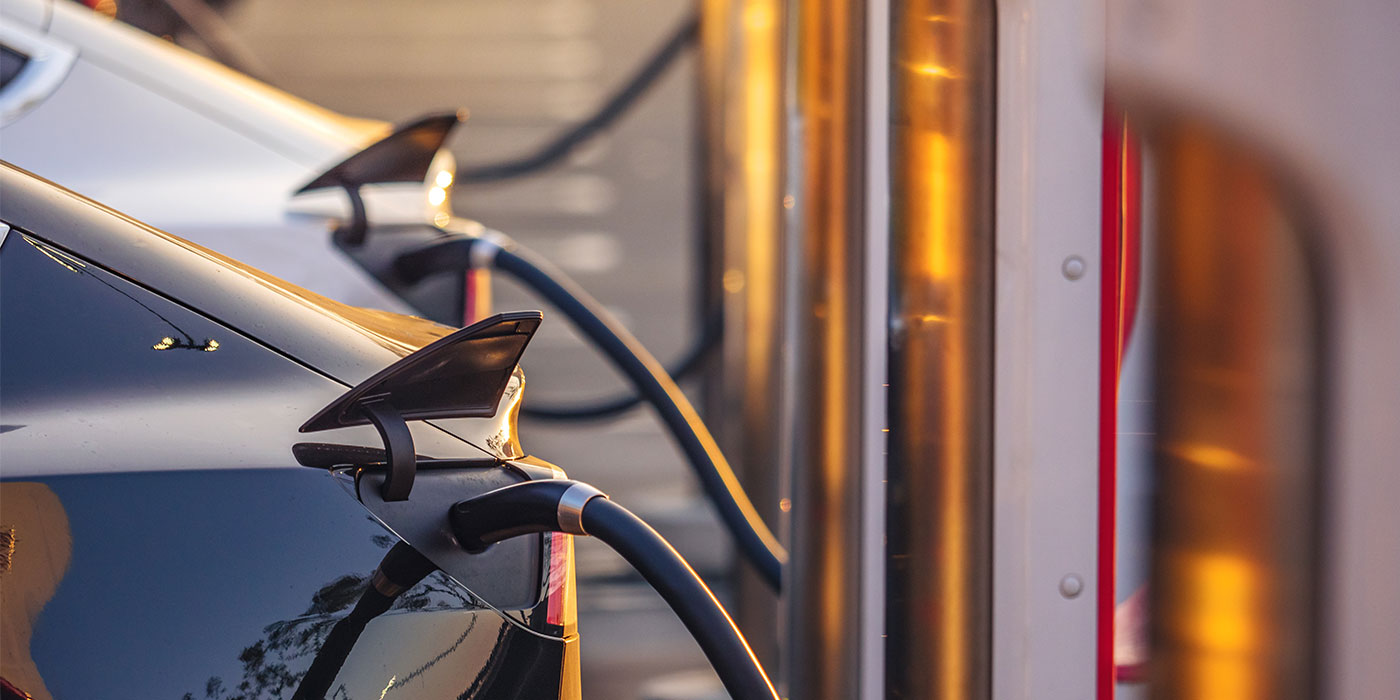The Detroit 2030 District (District) announced the launch of its groundbreaking program to assist its building members with installing Electric Vehicle (EV) charging stations. This initiative marks a significant step forward in reducing carbon emissions in the city.
The program is designed to address the growing demand for reliable and accessible charging solutions in Detroit with equity at the center of the program. The District has partnered with the Michigan Economic Development Corporation to bring this program to its members.
It is aimed at reducing carbon emissions in the city. With over 480 buildings enrolled, the program is able to work toward its mission of reducing carbon at a large scale, according to Detroit 2023 District. The program offers its members free education and resources. In addition, building members receive assistance with benchmarking their buildings to help them track and manage energy and water consumption.
“Leading the future of mobility takes a collaborative approach, and the Office of Future Mobility and Electrification is proud to partner with the Detroit 2030 District on their initiative to improve EV infrastructure and accessibility in Detroit,” said Justine Johnson, chief mobility officer. “This program supports our collective efforts to address challenges and ensure Michigan continues to be a leader in mobility solutions.”
The District says it is also partnering with other like-minded Detroit-based nonprofits to make this program a reality. The partners include NextEnergy, Powering Michigan, Michigan Clean Cities and DTE Energy.
For more information about the District and tickets for the Annual Kickoff Party & Fundraiser on January 31, 2024 being held at the Masonic Temple, visit 2030districts.org/Detroit.


